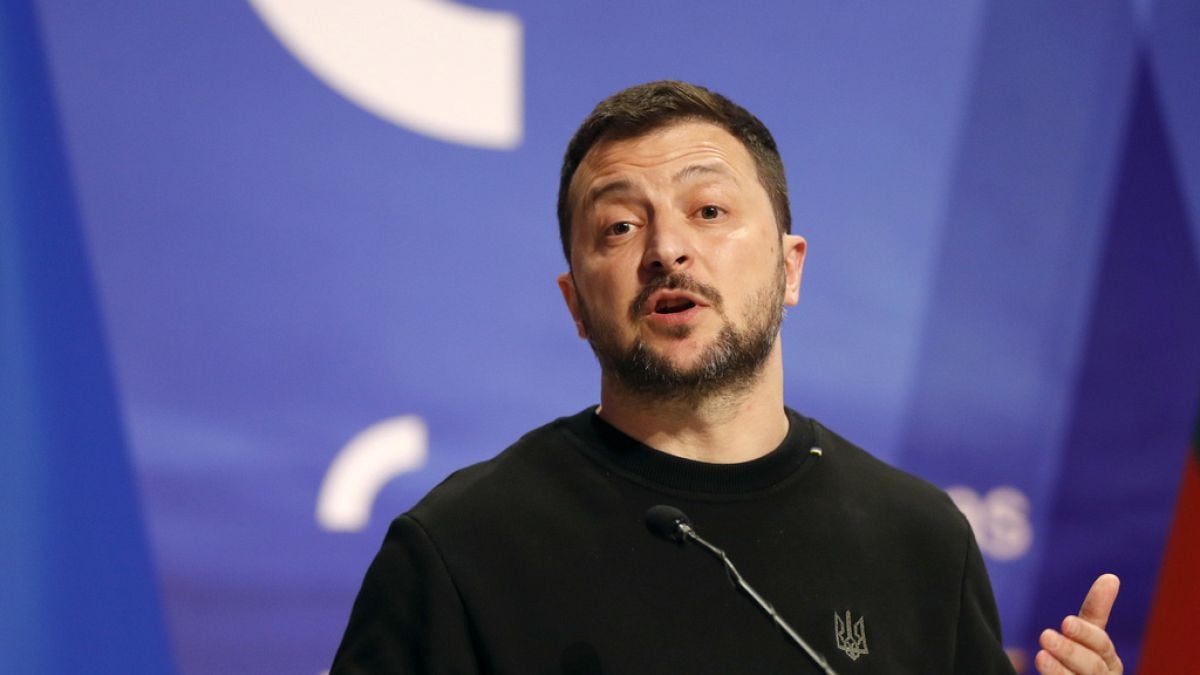Ukrainian President Volodymyr Zelenskyy and other European leaders have applauded the US for passing a vital €89 billion aid bill which has been struggling to make it through the House of Representatives for months.
The House swiftly approved roughly €89 billion in foreign aid for Ukraine, Israel and other US allies in a rare Saturday session as Democrats and Republicans banded together after months of hard-right resistance over renewed American support for repelling Russia’s invasion.
With an overwhelming vote, €57 billion in aid for Ukraine passed in a matter of minutes, a strong showing as American lawmakers race to deliver a fresh round of US support to the war-torn ally. Many Democrats cheered on the House floor and waved blue-and-yellow flags of Ukraine.



deleted by creator
The US stopped using conscription in January of 1973, two months before the last helicopters exited Vietnam. The major protests against Vietnam had largely fizzled out by the late 60s, as the war was primarily an air war focused on bombing and gassing Vietnamese dissidents into submission. And, if you’re truly familiar with your US history, you’ll know that this is when the popularization of the POW/MIA came to fruition thanks to the John Birch Society and Ross Perot.
But Nixon’s decision in '71 to end conscription was more to do with the success of the Civil Rights Movement in galvanizing former WW2, Korea, and Vietnam Veterans to its cause, when Nixon’s goal was to recast these dissidents as criminals and drug addicts. As the economy stalled out under his presidency, military enlistment was actually on the rise and conscription served no real purpose.
Registration is still a thing, although even then there’s been a number of big fights over how one’s gender and sexual orientation would affect enlistment.
But conscription, as a policy, has been abandoned as the military has relied increasingly on its officer’s corpse and private contractor base to manage military operations. The political gains to an expanded MIC plus the liabilities of an armed and organized working class mean it no longer has a place in the model we use for conducting invasions and occupations.